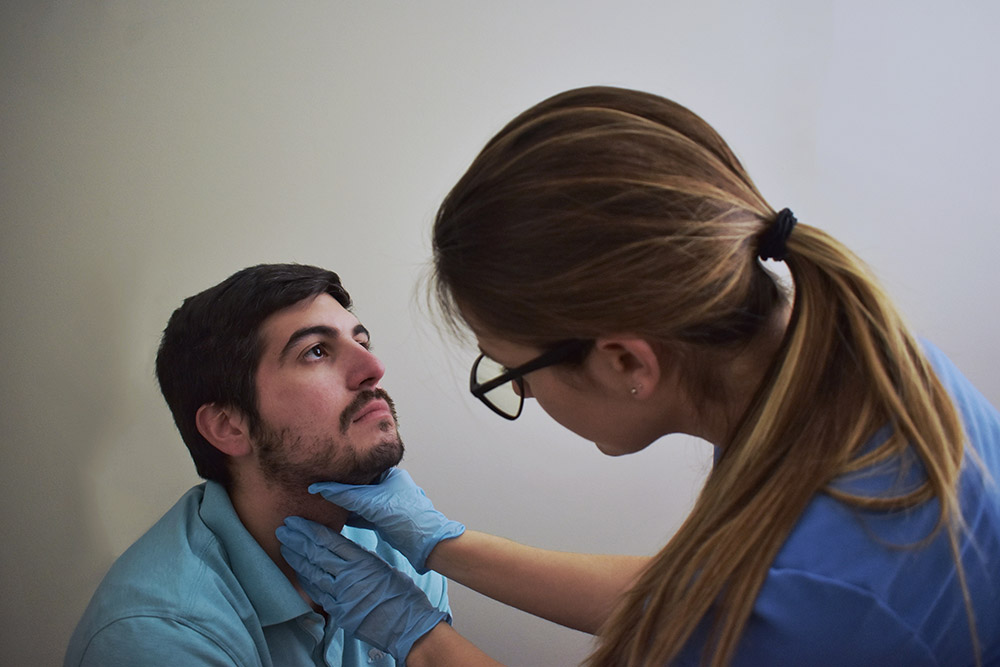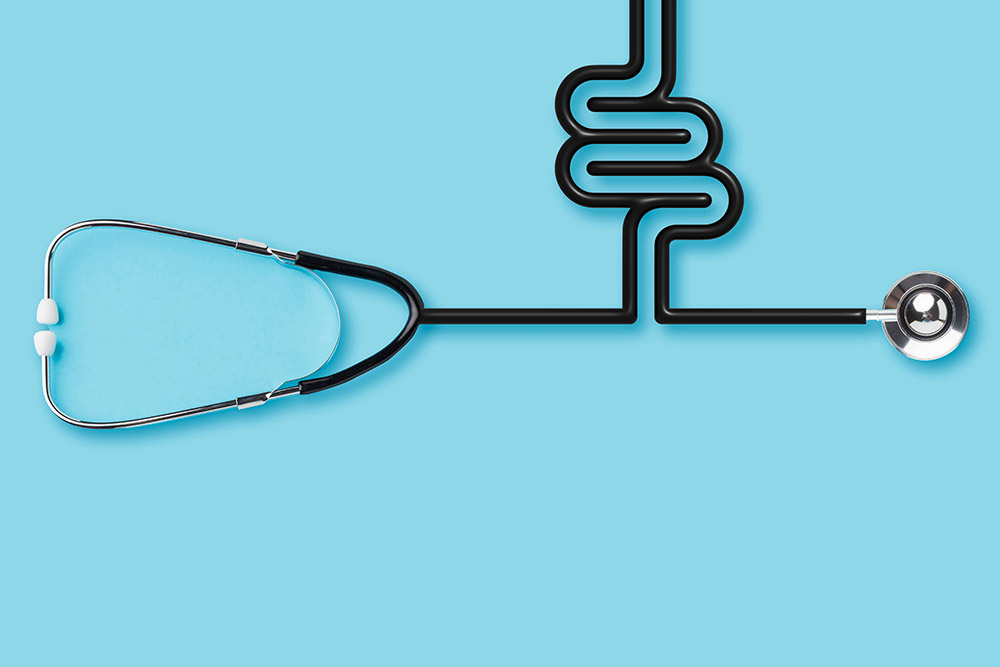What Is Indeterminate Colitis?
Indeterminate colitis is a form of inflammatory bowel disease (IBD) that exhibits characteristics of both Crohn's disease and ulcerative colitis. It is used when diagnostic tests cannot definitively classify the condition as one or the other. In medical records and for insurance purposes, it is coded as ICD-10 K52.3.
Common Causes and Risk Factors
- Family history - having close relatives with IBD raises your risk
- Immune system dysfunction - an abnormal immune response attacking the intestinal lining
- Environmental factors - smoking, diet choices and even Houston's hot climate can influence flare-ups
- Gut microbiome imbalance - shifts in beneficial and harmful bacteria that trigger inflammation
Signs and Symptoms
- Diarrhea, which may contain blood or mucus
- Cramping and abdominal pain
- Unexplained weight loss
- Fatigue and low energy levels
- Sensations of urgency or incomplete bowel movements
How Dr. Rishi Chadha Diagnoses Indeterminate Colitis?
1. Health History and Physical Exam
Dr. Chadha reviews your personal and family history of IBD, diet, lifestyle habits, and symptom pattern before performing a focused abdominal exam.
2. Blood and Stool Tests
Lab work checks for inflammation markers (CRP, ESR), anemia, nutritional deficiencies and rules out infections with stool cultures and fecal calprotectin.
3. Colonoscopy with Biopsy
A colonoscope inspects the entire colon lining. Small tissue samples are taken for microscopic evaluation to distinguish features of Crohn's, ulcerative colitis or indeterminate colitis.
4. Cross-Sectional Imaging
- CT Enterography to assess small bowel involvement and complications such as strictures or abscesses.
- MRI Enterography for detailed soft-tissue contrast without radiation, ideal for younger patients or repeat exams.
5. Differential Explanation
Once results are in, Dr. Chadha explains how findings overlap with Crohn's and ulcerative colitis, and why your case is classified as indeterminate colitis (ICD-10 K52.3).

Frequently Asked Questions
What is indeterminate colitis?
A type of inflammatory bowel disease that has features of both Crohn's disease and ulcerative colitis.
What is the ICD-10 code for indeterminate colitis?
K52.3 - used for medical records and insurance purposes.
How is indeterminate colitis different from ulcerative colitis?
Ulcerative colitis affects only the colon, while indeterminate colitis shows overlapping features of both ulcerative colitis and Crohn's disease and can-t be clearly classified.
Can indeterminate colitis be cured?
There is no cure yet, but many patients achieve remission with the right treatment plan.
Will diet alone fix indeterminate colitis?
Dietary changes help manage symptoms but usually work best alongside prescribed medications.
How fast can I get a diagnosis?
Most patients receive a definitive diagnosis within 2-3 weeks after completing blood tests, stool tests, colonoscopy, and imaging.
Is indeterminate colitis hereditary?
Genetics can play a role-having a family history of IBD increases your risk-but environmental and immune factors also contribute.
Will I need surgery?
Most people respond well to medication and lifestyle changes. Surgery is reserved for severe or hard-to-treat cases.
How do I prepare for a colonoscopy?
You'll receive clear instructions, typically involving a liquid diet and laxative preparation the day before the procedure.
Will insurance cover my treatment?
Yes. We use the correct ICD-10 code (K52.3) and work with most major insurance plans to ensure coverage.











